What Do I Need To Grow Vegetables?
What exactly do you need to grow vegetables? If you are asking this question then it is safe to assume you are thinking about growing your own vegetables for the first time. The good news is that growing vegetable plants is easier than you might think and getting started is as easy as you make it. Starting a vegetable garden can seem like a daunting task before you begin, thankfully there is plenty of step by step growing information available for every type of fruit, vegetable, and herb. Check out our plant database to find detailed instructions on how to plant, grow, maintain, harvest, and store your own food crops.
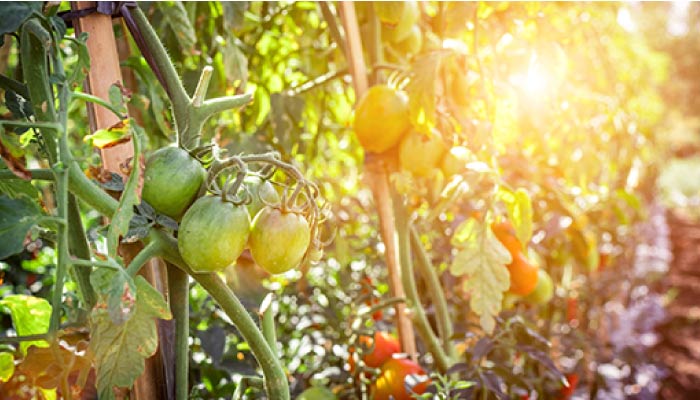
Sun Vegetable plants have similar basic requirements to people; food, water, light, and heat. Different plants require varying amounts of each and getting this balancing act correct is the most difficult aspect of growing your own. When it comes to light, vegetables need about six hours of direct or partial sunlight a day. I know that is a very tall order in our climate but most vegetables grow just fine outside and tolerate our overcast skies better than we do ourselves. The exception to this is warm climate crops such as tomatoes, squash etc. These need full sun and will probably need to be grown under cover. Gardeners have no control over natural light so positioning your vegetable patch in the area that gets the most sun is the best we can do. For growing in containers, the same rules apply when it comes to light, but these have the advantage of being portable so they can be moved into the sun as needed or placed indoors.
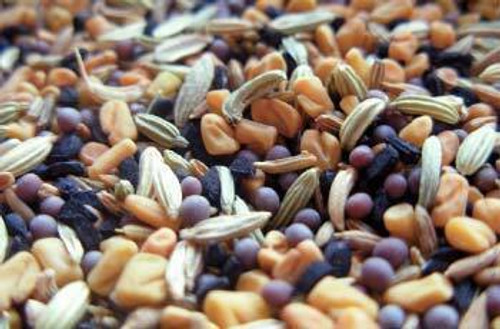
Vegetable Seed Packs
View CategorySeeds With location out of the way, think about what you want to grow. Seeds and plants are available on this site (and everywhere). It is worth favouring established brands over cheaper supermarket own-brand varieties as they are tried and tested. Vegetable seedlings offer the perfect head start in the vegetable garden, these are raised in ideal conditions to about four weeks old and then sold ready to be put directly in the ground or in a container. With a seedling, the more difficult aspects of growing your own are already done so these are perfect for the beginner.
Soil Once you have chosen the location for your vegetable garden, check out the soil. Soil will be the foundation and as such will be the most important component. Plants take their nutrients from the soil they are growing in and if there aren't enough to go around then the plants will weaken. Soil may look like a handful of dirt when you pick it up but it is teeming with the micro-organisms and tiny insects that each add to it's make up to create favourable conditions for growing plants. Vegetable plants need Nitrogen, Phosphorous and Potassium (N.P.K.) as well as some essential nutrients to grow. They will only get all they require if the conditions perfect and while vegetables can be grown in poor quality soil, the results won't be great. Adding compost or plant feed will provide any missing nutrients and create the perfect conditions for growing healthy plants. We always recommend using chemical free fertilisers as they have more long term benefits.
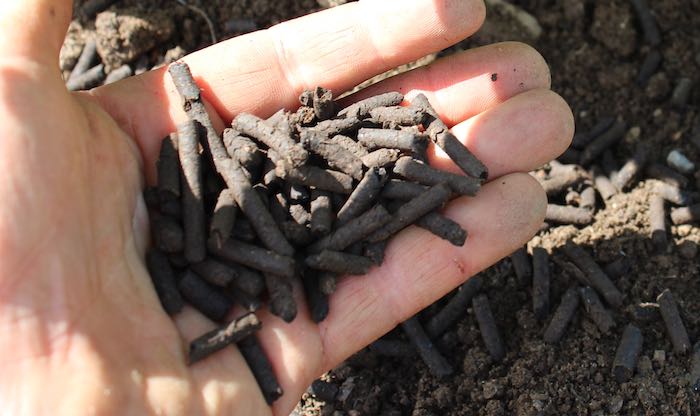
Food We mentioned N.P.K. above and I just wanted to briefly explain that. Nitrogen is important for healthy stem and leaf growth, it prevents old leaves from yellowing and also strengthens new growth. Phosphorous is for healthier root development and photosynthesis. A lack of this would manifest itself in poor germination, weak seedlings, and stunted growth in mature plants. Leaves and stems will also discolour. Potassium, or Potash, is for flower and fruit production. A potassium deficiency will result in a yellowing around leaf edges and along the veins. Fruits like tomatoes won't grow as well and will actually taste worse. A lack of micro nutrients or trace elements are less likely to be an issue and are easily addressed if so by good rotation, use of garden compost or a plant feed.
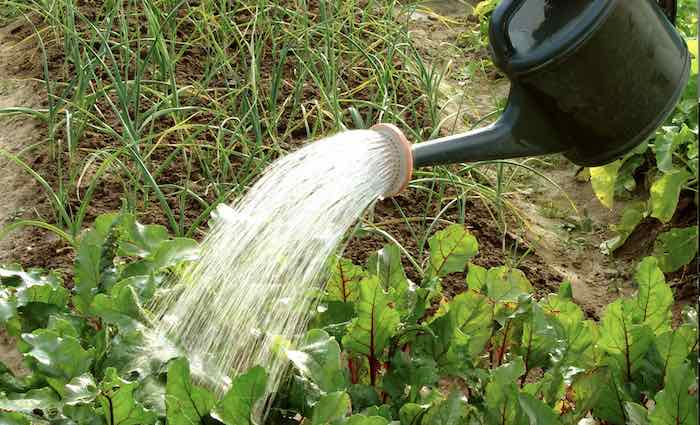
Water Regular watering is crucial for a plant's development and successful fruiting. Vegetable plants contain between 80 and 95% water, they use it to move nutrients around, create energy, and for non-woody plants, to fortify structure. In short if we don’t have enough water, we don’t have healthy plants. Vegetables draw water from their roots and move it through their capillary system to transport valuable nutrients throughout the plant. There is another balancing act here; not enough water will prevent plants from growing deep enough roots to gather as much food as it requires. Too much water will saturate the soil and drown the plant. Irrigation requirements vary between plants and wind, rain, and temperature will affect those grown outdoors. Checking them regularly will help you keep on top of this. If you are unsure, a wide range of irrigation systems and equipment are available to ensure the varying watering needs of a vegetable garden are provided for perfectly.
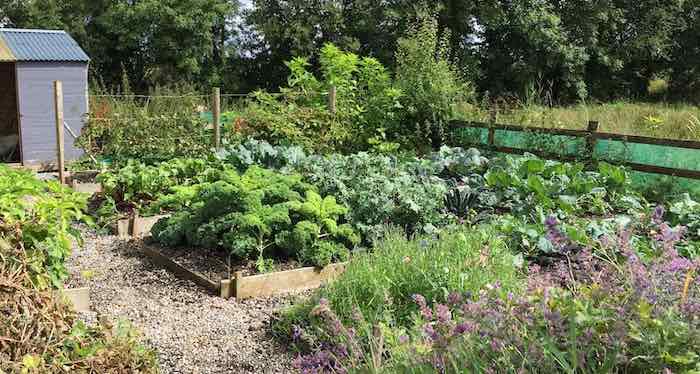
These are the essentials for vegetable gardening. There are tools on the market for absolutely every eventuality, but the truth is you don't need much. I find that my trusty stainless steel transplanting trowel will cover most jobs and I have a pair of gloves that I never enter the garden without (I rarely use them but have carried them religiously since that one time I mishandled a rose bush). Of course I have various shovels, spades, and hoes as well as a variety of hand tools, baskets, trugs, and equipment picked up over the years but I find it hard to recommend a definitive list as situation will dictate need. Have a look through our tool shop to see what is out there and then check your own garden and ask yourself what you need to do and what you would like to make that job easier.

Tools & Equipment
View CategoryOne last thing is prepare for some failures, it happens everyone and only serves to make you a better grower next time. Browsing through the internet for vegetable gardening and related topics seems to show only the best looking images and articles, nobody posts their failures. I personally started growing with some herb pots on a windowsill many years ago and managed to mess that up (I forgot to water them and it was really sunny out). So don't be disheartened with a little setback and remember that mishaps and failures are a part of every gardener's life. Thanks for reading and as always we are here to help so feel free to pose any questions in the comments or contact us directly with a more urgent query.

